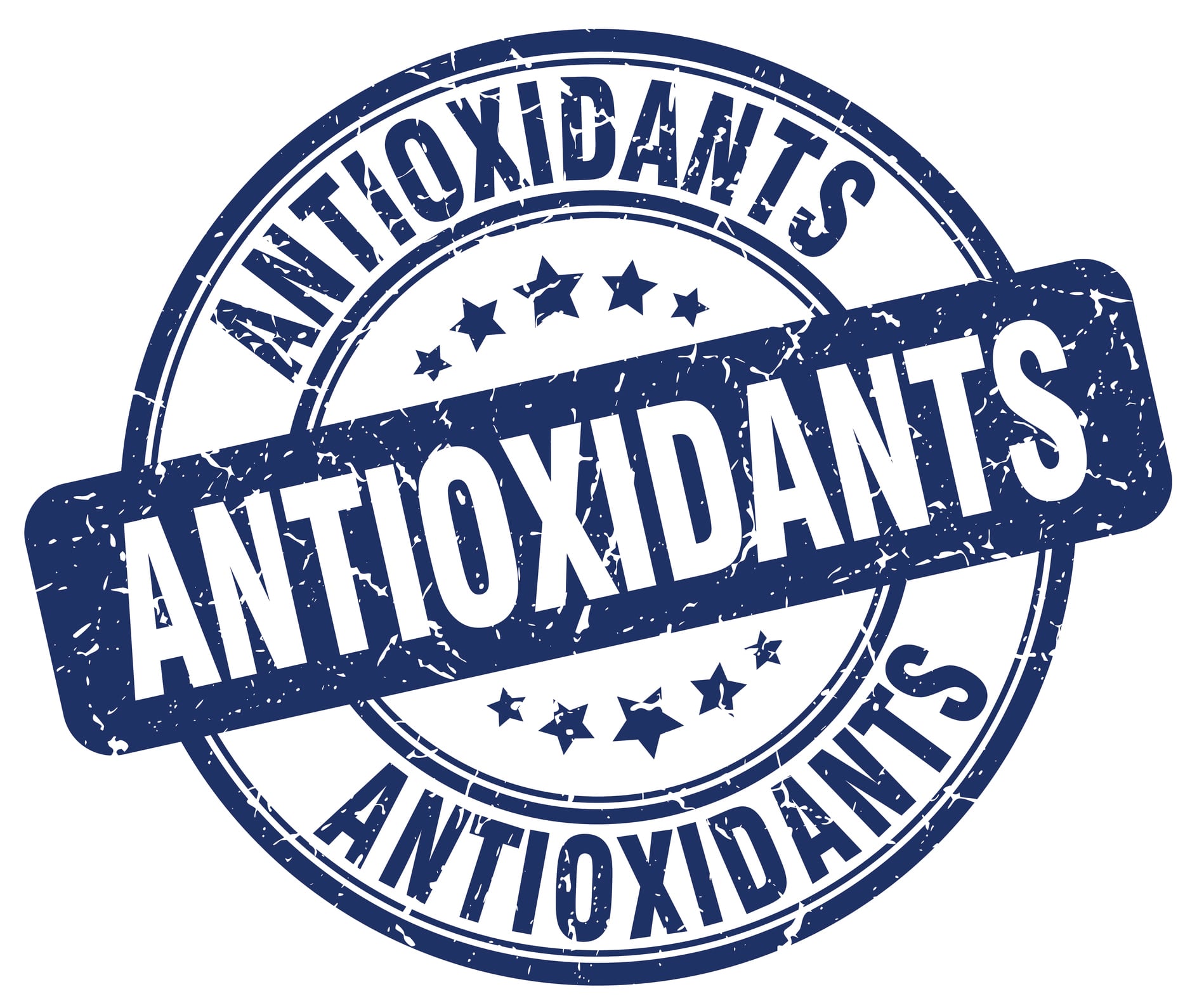Mango seeds that are discarded during traditional processing have the highest antioxidant capacity in the fruit and could therefore be an interesting ingredient for food makers, claim researchers.
Writing in Food Chemistry, researchers from the University of Antioquia in Colombia assessed and compared the antioxidant properties in mango pulp, peel and seeds, assessing the total polyphenol content of each part of the fruit.
“The determination of the antioxidant capacity in fruits, vegetables, and beverages for their potential application as functional foods that complement the normal diet is an analysis of interest for the food industry,” the researchers wrote.
They assessed antioxidant capacity through spectrophotometric and electrochemical methods, the latter of which they said had rarely been used in fruits, with little to no analysis done in mango.
The researchers said electrochemical techniques allowed for quicker, simpler measurements with less pretreatment and no need for expensive reagents which, alongside an electrochemical index (EI), enabled direct comparison of the antioxidant activity in each part of the fruit.
Findings showed the antioxidant capacity of mangoes varied according to the component analyzed, with the greatest antioxidant content found in the seeds and smallest in the pulp.
“It can be observed that for all methods, there is a clear trend in which the seed extract is one with the highest antioxidant capacity, followed by the extract of the peel and pulp respectively,” the researchers wrote.
Seeds had the highest total phenol content, oxidation peak, voltammetric charge and EI index, they said. This was likely due to higher concentrations of metabolites in the seed part of the fruit which could be due to a range of factors, including climate and fertilizer use, among other things, they said.
From waste to wonder?

Mango fruit (Mangifera indica L. cv. Hilacha) was widely consumed in Colombia, recognized as a source of antioxidants and vitamins, including ascorbic acid, thiamine, riboflavin, niacin and beta-carotene, the researchers said.
In 2016, the country produced and processed 262,493 tonnes of mango for human consumption but only the pulp was used – around 45-50% of the fruit. The shells, seeds and remaining pulp attached to these were discarded, generating an estimated 131,247 tonnes of waste.
Proving mango seeds contained the highest antioxidant capacity of the entire fruit, they said, was “important information that allows for the valorization of the by-products of fruit processing”.
It showed that mango seed material could be an interesting raw material for food, cosmetics and pharmaceutical companies, the researchers said.
Source: Food Chemistry
Published online June 2018: doi.org/10.1016/j.foodchem.2018.06.044
Title: “Antioxidant capacity of mango fruit (Mangifera indica). An electrochemical study as an approach to the spectrophotometric methods”
Authors: J. Hoyos-Arbeláez, et al.
